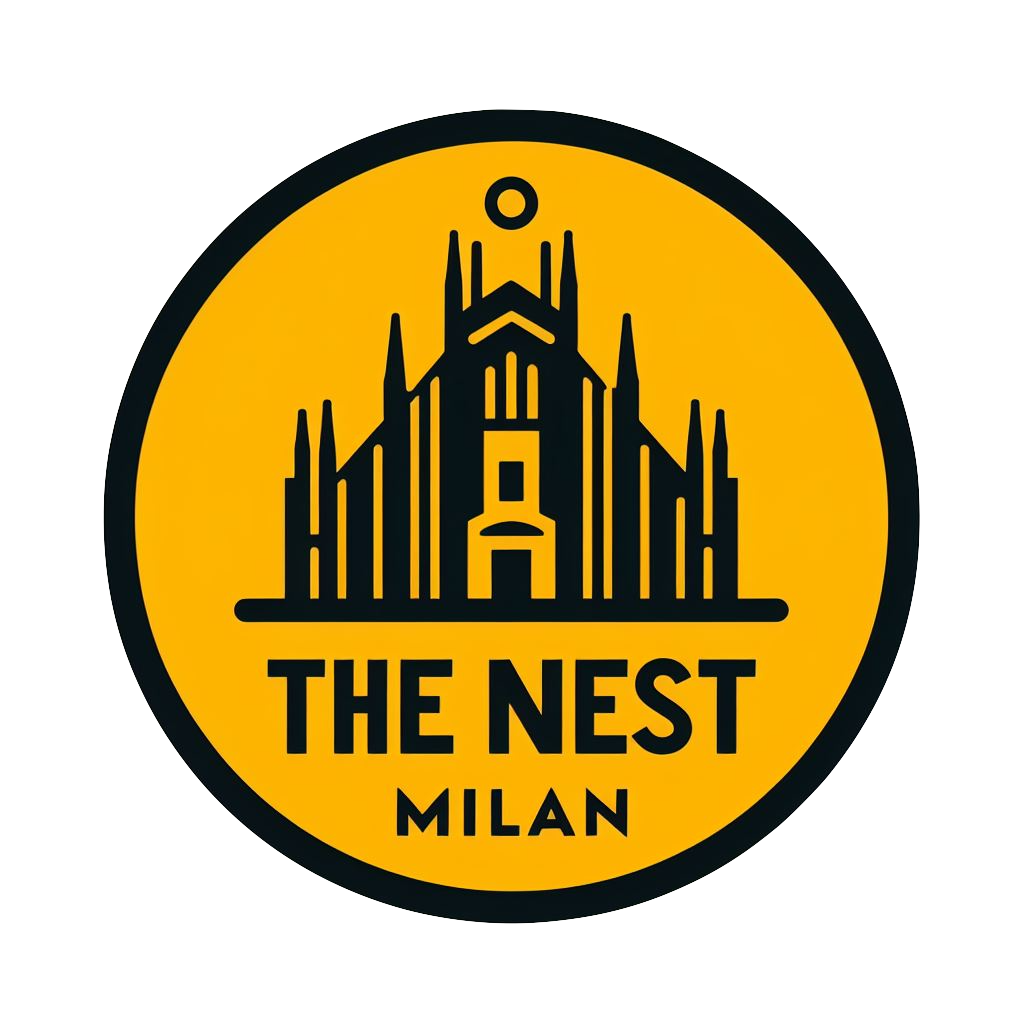Happy 100th, Gianni Agnelli
The playboy who defined Italian style and came to own Fiat, Ferrari, Juventus and 5% of Italy’s entire GDP.
L’Avvocato, the Prince of Italy, the Rake of the Riviera, Gianni Agnelli was not only a symbol of Italy's economic boom and Italian excellence, but of an unwavering reckless passion for life.
Agnelli remains a defining figure in Italian culture and style on this week that would have marked his 100th birthday.
After Gianni's father died in a gruesome plane crash, he was raised by his grandfather, the founder of Fiat. Like a prince being readied for the throne, Agnelli was instilled with the skills and tools of an industry leader. Luckily for Agnelli, he was also born with charisma and magnetism that would serve him for the rest of his life as a playboy, a businessman, and a national icon. Unluckily for Agnelli, WWII was just around the corner.
Following the war, with the Fiat factory destroyed and Italy isolated, Gianni rebuilt. He helped cleanse the reputation of the country in the west forging close personal relations with the Kennedys and Churchills. Away from reestablishing Fiat as a respected global brand, Gianni still started his weekends by jumping out of his helicopter into the Mediterranean sea. It was here on the Italian Riviera where he romanced countless women, including actress Anita Ekberg and Jackie Kennedy. His allure and distinctive style which included wearing his watch on top of his shirt, was copied by anyone who was anyone.
If Gianni's life didn't seem exciting enough, he also decided to acquire Juventus football club and like most things he touched - it turned to gold. Juventus would become the most successful domestic club in Italy and remains in the private ownership of his family up until this day.
Giovanni "Gianni" Agnelli died of prostate cancer on January 24th 2003. He was 81 years old. His funeral in Turin, was attended by hundreds of thousands of mourners. He is survived by his wife and daughter.
PHOTOGRAPH: Gianni Agnelli with Heidi von Salvisberg.
Capri, 1967



